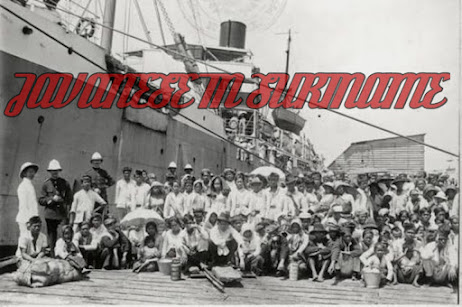West Manggarai Customary Law in Settlement of Inheritance
West Manggarai Customary Law in Settlement of Inheritance
The West Manggarai community is deeply rooted in rich customs and cultural practices, particularly in the preservation of traditional inheritance distribution to both sons and daughters. Within Manggarai culture, parents share various assets with their biological children, including land, wild oxen, buffalo, fields, and rice fields. However, the dynamics of inheritance distribution are evolving with the increasing population, the impact of globalization, advancements in technology, and shifts in legal policies, particularly those related to inheritance laws in Indonesia.
This research employs a qualitative approach with a normative juridical perspective and case studies. Traditional leaders, religious figures, youth leaders, community leaders, and village officials are key subjects in this study. Data collection methods encompass observation, interviews, surveys, and literature studies, with interactive descriptive analysis employed for data interpretation.
Findings from the research highlight that the West Manggarai community predominantly adheres to patrilineal principles in inheritance distribution. Sons are allocated a larger share due to the Manggarai custom, which places the responsibility on sons to live with their parents, even if not under the same roof. In contrast, daughters are typically excluded from direct inheritance, as they are expected to receive their share upon marriage from their husbands.
The traditional community in Golo Leleng Village
partially follows a male majoritarian system, where the eldest son or male
descendant becomes the sole heir at the time of the parent's demise. However,
it's noteworthy that the eldest son, upon inheriting, assumes a role similar to
that of the parents. They are tasked with caring for other family members,
including looking after the surviving parent (mother or father) and fulfilling
obligations in the event of the other parent's death. This underscores the complex
interplay of cultural traditions, societal norms, and familial responsibilities
in the context of inheritance practices within the West Manggarai community.




Comments
Post a Comment